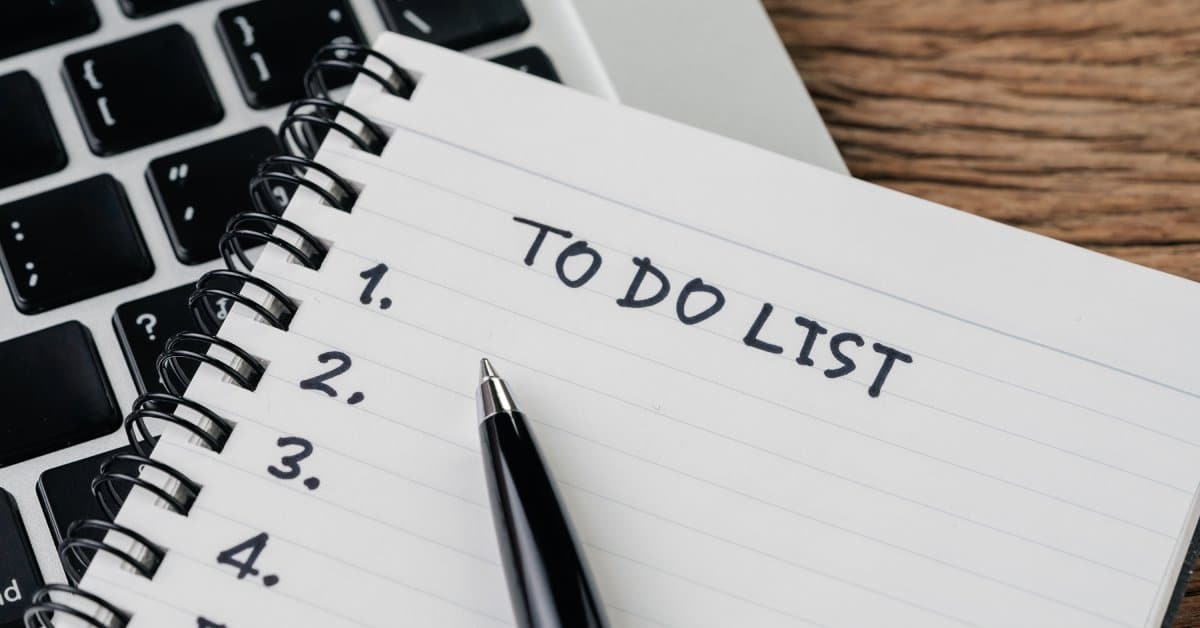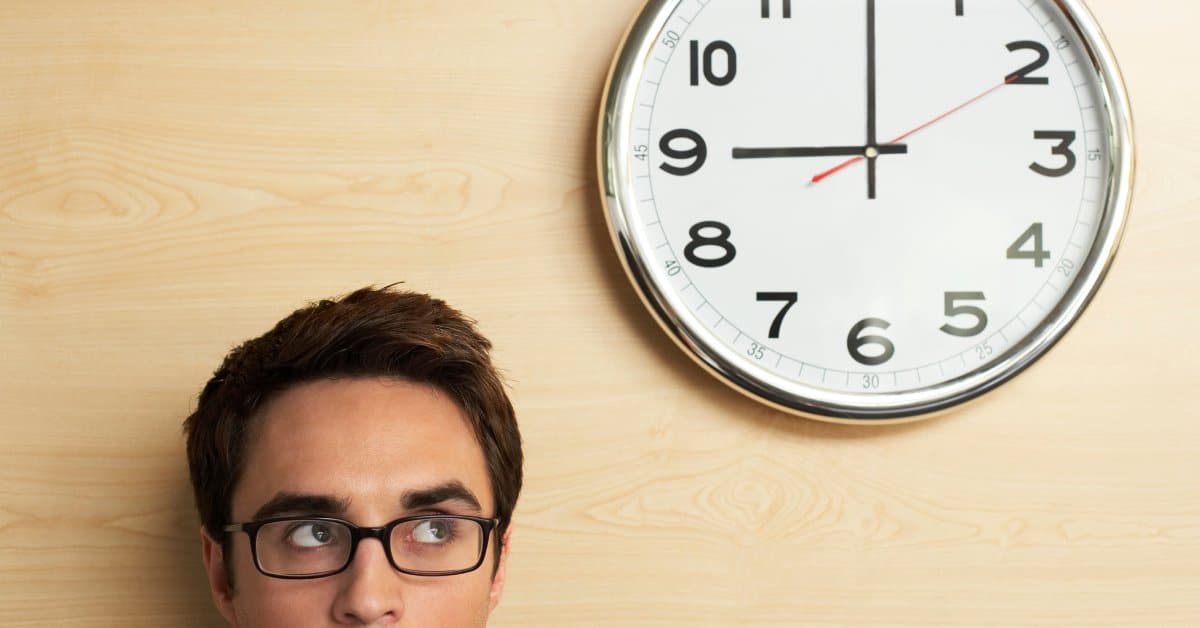Attention deficit hyperactivity disorder (ADHD) affects adults worldwide, influencing everything from focus to emotional regulation. Although living with this condition can feel overwhelming, people can make daily life more manageable by using the right approaches. Review these top strategies to help adults manage ADHD so you can experience a greater sense of control and balance.
Research Your Condition
One step you can take is to learn about your condition. Understanding ADHD empowers individuals to manage symptoms effectively. Take time to explore credible sources and learn what ADHD means for you as an adult.
Resources such as books written by professionals, articles from trusted medical organizations, and support groups can broaden your understanding of ADHD. Knowledge fosters self-awareness, helping you recognize patterns and challenges unique to your experience.
Professionals like psychiatrists for ADHD can provide you with individualized insights and guidance. The more you understand ADHD, the better equipped you’ll be to handle it with confidence and focus.
Add More Organization to Your Spaces
Another strategy to help adults manage ADHD is to add more order and organization to their work and living spaces. Dwelling or working in disorganized environments can escalate stress and distractibility for adults with ADHD. Designate clear areas for specific purposes, such as a workspace, relaxation zone, and a place for daily necessities.
Use simple, accessible storage solutions like labeled bins or drawers, and avoid overcomplicating your systems. Maintaining tidy spaces allows your focus to remain on what truly matters instead of getting lost in visual clutter.
Develop Daily Routines
Predictability can bring structure to the unpredictability of ADHD. By developing routines, you create frameworks to guide your daily tasks and responsibilities. For example, start by building a morning routine that sets a positive tone for your day.
You should include actions like preparing breakfast, planning the day, and prioritizing tasks. You can even create routines that will help you wind down your evenings. Try incorporating relaxing and calming activities you can do before bed. Over time, these routines will establish a rhythm and reduce feelings of chaos.
Use Calendars and Reminders
Calendars and reminders can help those with ADHD keep track of important commitments. Consider using both digital and physical calendars to suit your preferences and set timely reminders for tasks that require immediate attention. Color-coding or categorizing events can also enhance clarity and efficiency.
Keep an Eye on Your Clocks
People with ADHD may also lose track of time or underestimate how long tasks take. However, you can cope with this by surrounding yourself with clocks and placing them in strategic locations. This strategy keeps you grounded in the present.
Consider installing large, easy-to-read clocks in your workspace, kitchen, or other frequently used areas so they can serve as reminders of the time. You can also use timers to set limits for specific tasks or breaks. This helps you maintain productivity while reducing overindulgence in distractions. Cultivating an awareness of time strengthens your time management skills.
Try To Avoid Distractions
Staying focused with ADHD often requires reducing interruptions. Start by identifying the primary sources of distraction in your environment. Is it noise? Visual clutter? Devices demanding your attention?
Addressing these elements can make an incredible difference in your focus. For example, if you find yourself distracted by auditory interruptions, try using noise-canceling headphones while working or create a quiet, designated space where distractions are minimal.
If you find that your devices are breaking your concentration, consider turning off or limiting notifications. Everyone’s triggers differ, but by actively managing your surroundings, you can reduce competing stimuli and remain more present.
Consume More Nutritious Foods
Your diet can affect your mental clarity. Incorporating more nutrient-dense foods into your meals can help you stay focused throughout the day. In addition, avoiding excessive sugar can prevent energy crashes and support more stable cognitive function.
Hydration is equally important, as even mild dehydration can negatively impact your focus and mood. By prioritizing balanced, nutritious meals and snacks, you’ll enhance your physical health and foster a mental environment that allows you to perform at your best.
Take Time To Exercise
Physical activity offers powerful benefits for adults managing ADHD. It supports energy regulation, improves focus, and reduces feelings of restlessness. Activities like walking, swimming, yoga, or moderate strength training can help you channel energy productively.
Choose activities that feel enjoyable, making it easier to stay consistent. Exercise can also promote your mental well-being with endorphins. Even short sessions of movement during breaks can help you keep centered and productive throughout the day.
Ensure You Get the Proper Rest
People often underestimate the effects of sleep on ADHD. Sleep deprivation can escalate challenges like impulsivity, inattentiveness, and irritability. Instead, ensure you get the proper rest by establishing a consistent bedtime and creating an environment conducive to relaxation.
Avoid stimulating activities, screens, or heavy meals before bed. Darken your room, adjust the temperature, and prepare it as a space that fosters calmness. Rest serves as the foundation for all other strategies, significantly influencing your ability to approach each day with clarity and balance.
Avoid Being Negative
A person’s mindset can affect their ability to manage their ADHD effectively. Dwelling on what feels difficult can become a barrier to progress. Instead, shift your focus toward positive self-talk and solutions to challenges.
Try to socialize and engage in conversation with understanding individuals who uplift your confidence. By fostering an optimistic outlook, you will allow yourself to tackle challenges with more self-esteem.
Recognize Your Achievements
Managing ADHD can be challenging, which makes it important to recognize your successes along the way. These accomplishments may include completing a task efficiently, staying on track with routines, or identifying when strategies work well for you.
Acknowledging these reminds you that you’re making progress. Consider journaling about these moments so you can create a record to reflect upon during more difficult times. These acknowledgments affirm that you possess the strength and resilience to face ADHD’s challenges with persistence and determination.
Implementing these practices can create the foundation for a balanced life. You can also gain additional support with the help of the Neuropsychiatric Clinic. Our understanding psychiatrists are ready to guide you through this process through treatment and medication that will help you cope with challenges more effectively.


